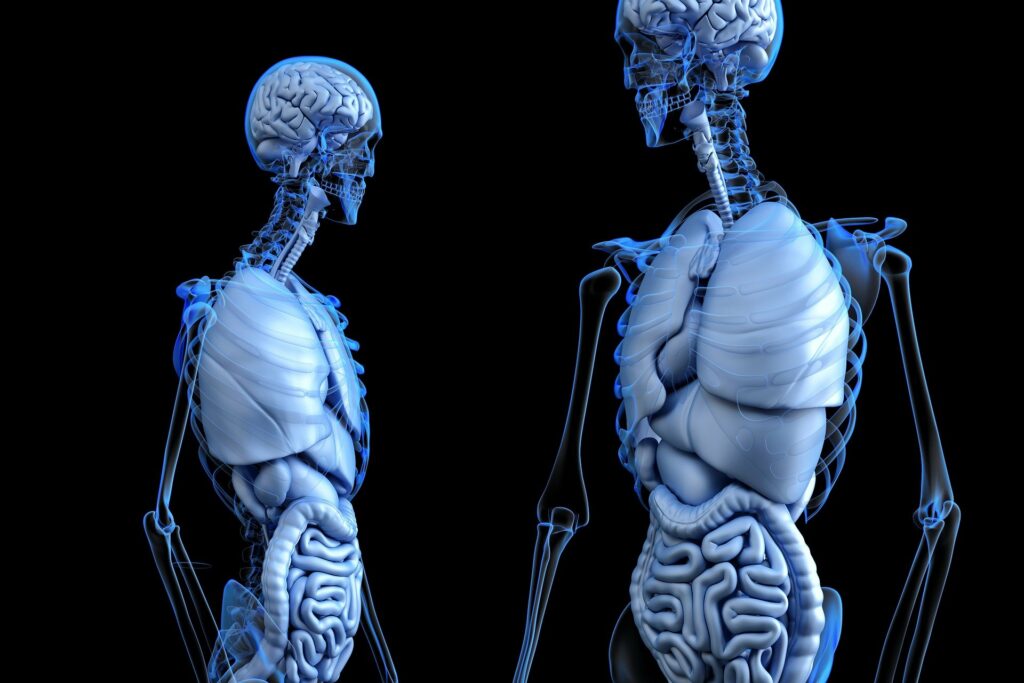It is true that DETOX is fashionable at the beginning of the 21st century, but in reality this necessary detoxification of the organism so beneficial to health has roots that go back several millennia in the history of medicine.The following two references bear witness to this.
Detox and the Ebers Papyrus
The Ebers Papyrus
The extraordinary document entitled the 'Ebers Papyrus' is the oldest surviving medical mannual from antiquity, being 3,500 years old.
It was written during the reign of Pharaoh Amenhotep (1500 BC).
This papyrus was discovered by Edwin Smith in Luxor in 1862, and was later purchased by the German Egyptologist Georg Ebers who gave it his name as he was responsible for deciphering the hieroglyphics of this precious papyrus which is now kept at the University Library in Leipzig.
It is also the longest written document found from ancient Egypt.
It is more than 20 metres long and 30 centimetres wide, an authentic medical treatise of 877 paragraphs, describing diseases in all branches of medicine (rheumatology, ophthalmology, gastroenterology, gynaecology, dermatology ...) with the corresponding prescriptions.
The Egyptian pharmacopoeia of this period cited in the Ebers papyrus concerns more than 500 substances taken from the plant kingdom, among which : myrrh, aloe, castor leaves, saffron, lotus flowers, lily extract, poppy juice, balsam oil, resin, frankincense tears, hemp, acacia juice, garlic, aloe, benzoin, chamomile flowers, coloquint, cypress, date, fig, gentian root, pomegranate, bay leaf, sweet clover, mint, mustard, myrrh, walnut, onion, pistachio, castor oil, rose ...
And what does the Ebers papyrus say?
"It is necessary to begin by purifying the body by eliminating the miasmas".
The "miasmas" in question are today named differently, they are the waste products of digestive catabolism, the toxic elements of our environment that we breathe or absorb, contained in our food, for example food additives.
Detox and Hyppocrate
Hippocrates
Hippocrates (460 - 377 BC) is considered the father of medicine.He was inspired by Greek mythology.
The Greek God of medicine, Aesklapios (Aesculapius) had two daughters:
# Hygie, who taught men the art of living harmoniously and close to nature in order to stay healthy without having to resort to medicine.The word "hygiene" is derived from this approach to health.
# Panacea, who knew the art of healing with medicinal plants.
Hippocrates described the medical art as Primum non nocere (first, do no harm) andNatura medicatrix (it is nature that heals).
Not forgetting that leitmotif that informs the 10 volumes constituting Hippocrates' work "Let your food be your medicine".
Hippocratic medicine has a holistic approach (a word derived from the Greek holosmeaning global): the human being must be considered in his physical, mental and emotional wholeness.
Hippocrates enunciates the notion of humorism.
Hippocrates' "humours", redefined in contemporary terms, are the blood, the lymph, the interstitial liquids in which the cells bathe and the intracellular liquids in which the organelles of the cytoplasm of the cells bathe.
To cure any disease, Hippocrates says that one must begin with a detoxification cure in order to stimulate the elimination of the "vitiated humours" (Hippocrates' expression) causing the diseases.
Whether it is the "miasmas" of Egyptian medicine or the Hippocratic "vitiated humours", these names updated in contemporary terms (toxic elements) suggest, in order to free oneself from them, to proceed to a DETOX facilitating their elimination, an initial step in the restoration of health.






